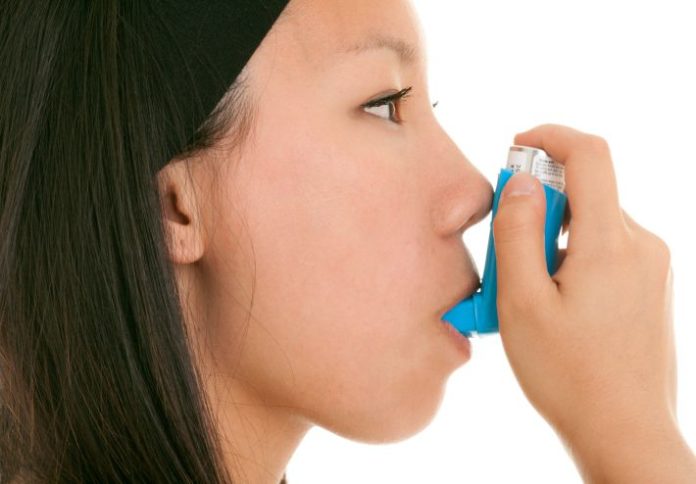With spring approaching, weather conditions set fair and record vegetation growth across the state, the Rural Fire Service is embarking on a major hazard reduction program and Asthma Foundation NSW is issuing a wood smoke and pollution alert for residents of Sydney and other areas of NSW.
Over the weekend and into next week, hazard reduction burns are scheduled for the Blue Mountains, Hawkesbury, Hills District, Ku-ring-gai, Liverpool, Lithgow, Sutherland Shire, Warringah, Penrith, Pittwater and Ryde areas around Sydney.
Outside of Sydney, burns are planned right across NSW in: Bega Valley, Clarence Valley, Cobar, Cooma-Monaro, Eurobodalla, Dungog, Forbes, Gosford, Inverell, Port Macquarie, Lake Macquarie, Shoalhaven, Warrumbungle, Wellington, Wingecarribee Wollongong, Wollondilly and Wyong.
“While wood smoke does pose a health risk for asthmatics and people with other lung or respiratory conditions; the hazard reduction work that the RFS does now is vital to protect property and lives during the warmer months when bushfires are a threat,” said Michele Goldman, CEO of Asthma Foundation NSW.
‘The 1:9 adults and children who live with asthma should be aware that exposure to wood smoke or high levels of other air pollutants could make asthma symptoms worse trigger a potentially fatal attack.’
‘We should always be mindful that asthma claims the lives of some 400 Australians each year.’
Wood smoke from bush fires contains particles that go deep into the lungs and irritate the airways. It also contains noxious gases like carbon monoxide, nitrogen oxides and a range of organic compounds. When combined with pollution from cars and industrial and domestic activities and exposed to intense sunlight, these chemicals produce smog. When the air is still, this pollution can become trapped over population areas instead of rising and dispersing.
The Department of Environment and Conservation issues air pollution reports twice daily for the Sydney, Illawarra and the Lower Hunter regions. When there are bushfires or high temperatures the Regional Pollution Index (PRI) will be high or hazardous. The information can be found at http://www.environment.nsw.gov.au/aqms/aqi.htm or by calling 131 555.
“We advise people to research the places they intend to visit and weigh up the risks carefully. If intending to undertake a strenuous activity, such as bushwalking, aim to do it at times when there is a lower risk of bushfire and the Regional Pollution Index (RPI) is medium to low,” said Ms Goldman.
“People should consider avoiding sporting or exercise activities when pollution levels are high, to avoid making their asthma worse.”
“It is vital that all asthmatics continue to take their preventer medication and carry their reliever medication with them at all times in case of an emergency. Everyone with asthma should have a written action plan so they know how to change their medication if their asthma becomes worse.”
Constantly updated information on hazard reduction burns can be obtained on the Rural Fire Service website at: http://www.bushfire.nsw.gov.au or call 1800 679 737.
In the event of a bushfire:
- Unless ordered to evacuate, stay indoors, close all windows and doors and block all air vents.
- Stay low to the ground and wear a face mask if exposure to smoke cannot be avoided, ensuring it firmly covers the nose and mouth.
- If you are in your car, put the air system onto recirculate to reduce your exposure to smoke.
- Continue using your preventer medication as prescribed and ensure you have plenty of reliever medication on you at all times. Use your asthma action plan if your asthma starts to get worse.
- If your reliever medication isn’t reducing your asthma symptoms, seek medical attention without delay.
- After the fire, damp down any dry, dusty areas before doing a clean-up and wear a face mask.
Consumers with questions or concerns around this issue can call the Asthma Foundation NSW information line on 1800 645 130, or log onto: www.asthmafoundation.org.au
Source: Asthma Foundation NSW











